Register now to join Ufos Travel and make travel friends around the world
Login to follow friends and send messages. No Account? Register
×
After all, it is close to home, and I have always had a special preference for Macau stamps, so I have been to Macau N times. After all, I am a patient with trypophobia, so I have always stayed away from places with many Tourists. I might as well introduce some unknown places to those who are interested. people. The Bajiao Pavilion is actually a library.

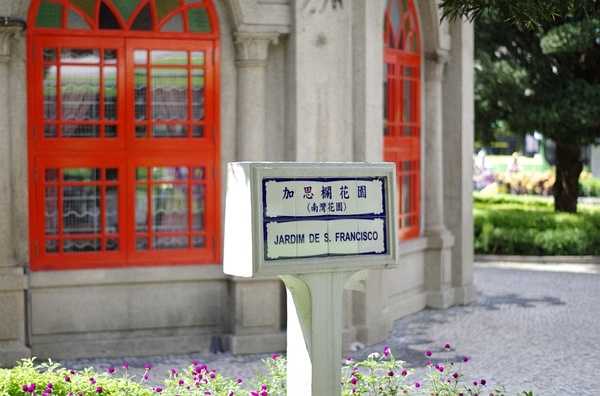
The bronze statue of "Goddess of Harmony" in front of the Octagonal Pavilion
The water sprayed out is for drinking directly.
The water sprayed out is for drinking directly.
The water sprayed out is for drinking directly.
Say important things three times
If necessary, bring a bucket. Bottled water is expensive in Macau.

It is worth mentioning that there are two such bronze statues in Macau. Do you know if there is another one there? Macau issued stamps here in 2005.
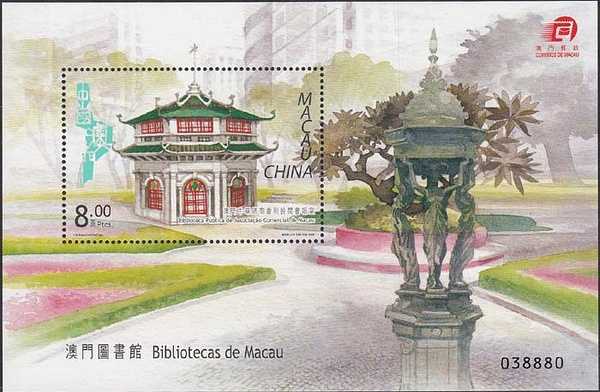
There is a corner in the Macau Museum that everyone who has been there must have an impression of. The first time I saw it, I really thought there was a person sitting there.
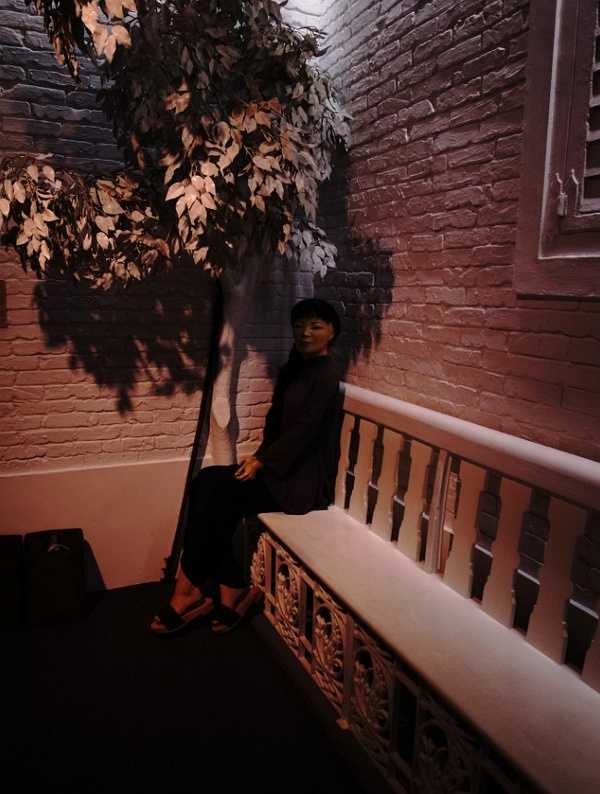
Let me introduce this haunted holy place~~~ Cannibal Alley, just near Ruins of St. Paul’s. If you are interested, please search
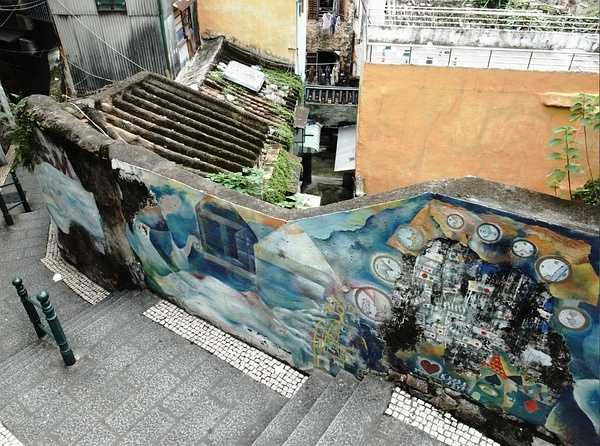
The Portuguese statue of Qu Yuan and Camões in White Pigeon Nest Park. "There is a stone cave in the park. In the cave is a bronze statue of Camòs, which was cast by Ma Kui Shi in 1866. It is said that this man of more than 400 A poet who was born into a declining aristocratic family 20 years ago, he was exiled to Macau for offending court officials. His poems inherited the folk creative tradition, were rich in lyricism, and were in opposition to the court at that time. His representative work is the famous epic "Portugal". "Soul" is said to have been created in a cave hidden in a white pigeon's nest."
As a Portugal fan for 20 years, my favorite phrase "The land ends here and the sea begins here" (Portuguese: Onde a terra acaba e o mar começa) is the masterpiece of Camões. When I was a child, I collected stamps and collected a lot of Macao stamps. It was only when I grew up that I realized the people on them.

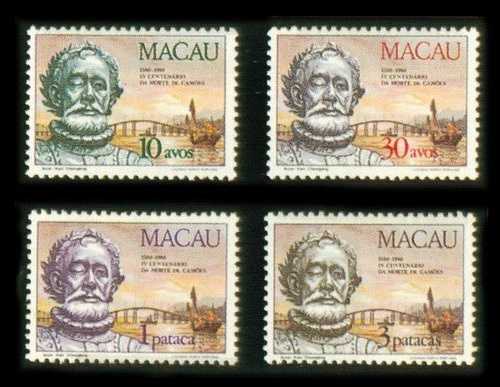
The place in front of Yapo Well has been a picture of my long-term computer desktop. The Portuguese name for Yapo Well means "mountain spring" (lilau). It used to be Macau's main water source, and therefore became one of the earliest Portuguese settlements in Macau.
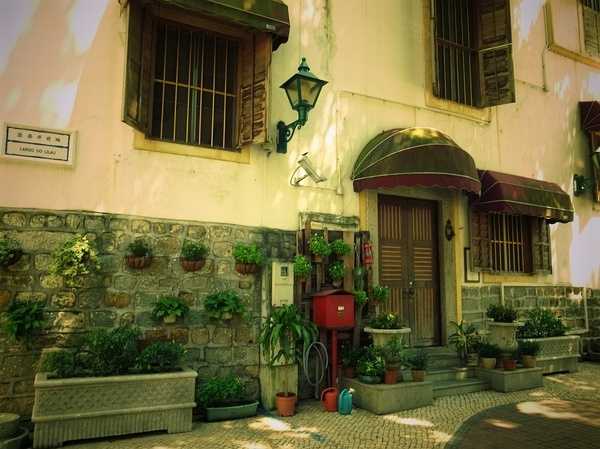
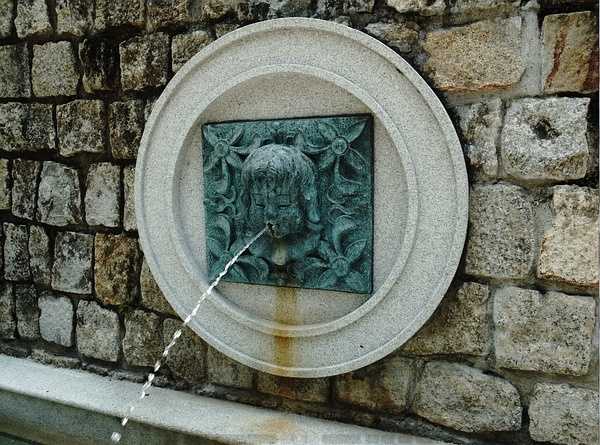

Diagonally opposite Yapojingqian is the Zheng family courtyard.
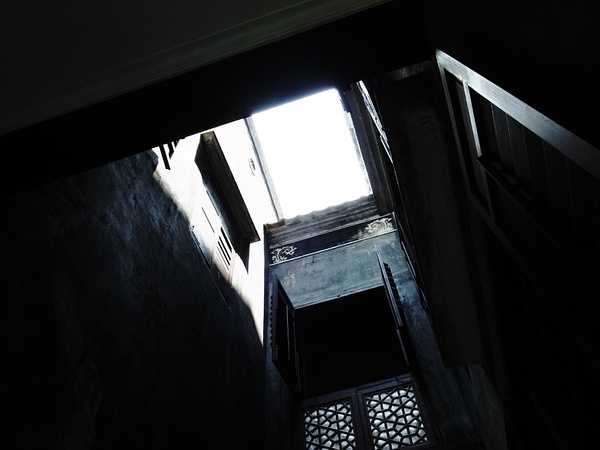
Traditional Chinese architecture with aerial view
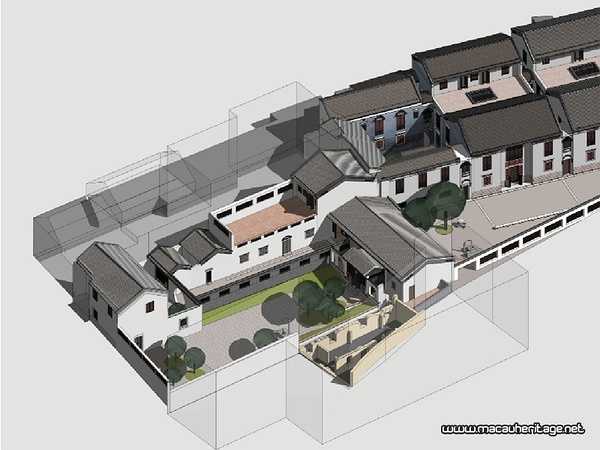
The Cathedral is another place worth mentioning. In the past, when previous governors of Macau took office, they were accustomed to go to this church and place their scepters next to the icon of the Virgin to symbolize the sanctity of power.
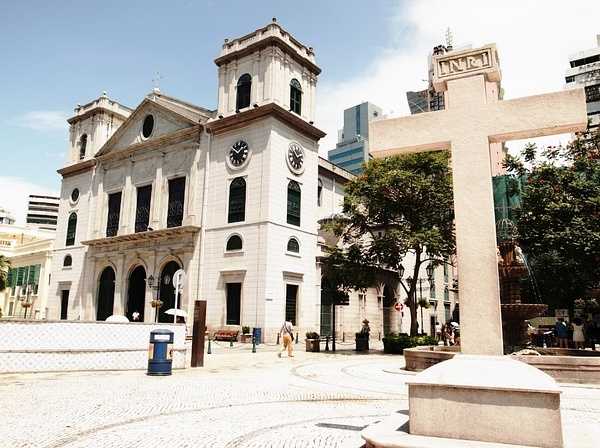
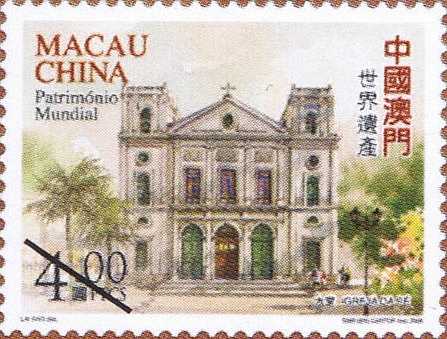
The seahorse symbolizes elegance, confidence and peace of navigation on the sea. If you think the urban area of Macau is too noisy for you who love tranquility, you can go directly to Coloane. In addition to being famous for its prison, it is also a small fishing village with beautiful scenery everywhere.
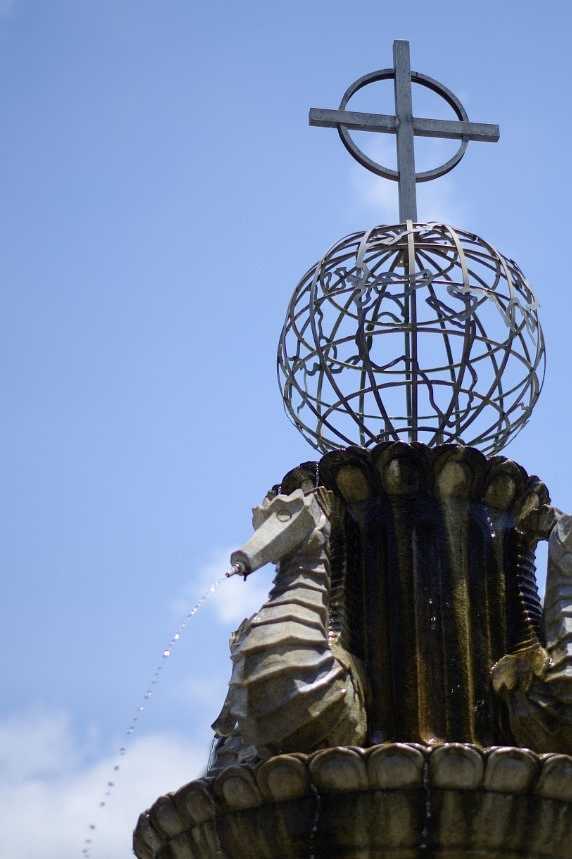
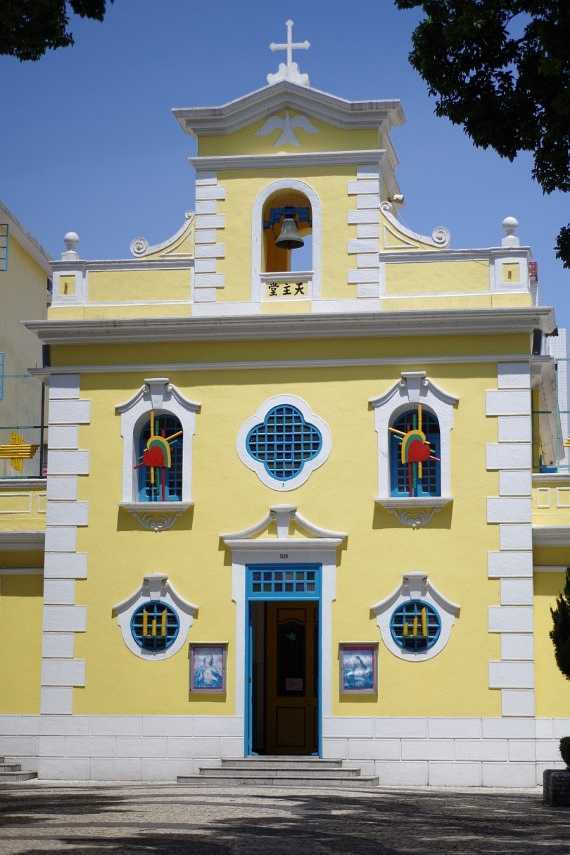

In the small northern city of Barcelos, where the "Portuguese Rooster" originated, locals have passed down a folktale from generation to generation: A long time ago, a devout pilgrim was mistaken for a thief and sentenced to hanging. Before execution, the judge finally agreed to summon him. The judge was preparing for dinner when the prisoner was brought. In order to prove his innocence, the prisoner pointed to a freshly baked roast chicken on the dining table and said angrily: "This chicken will crow for me!" Everyone present thought he was crazy, but they didn't expect that the roast chicken actually turned out to be real. He stood up with a shudder and sang loudly to the prisoners. The judge was shocked and pardoned the prisoner. Since then, the Barcelos rooster has become a symbol of trust, justice and good luck, and as the mascot and unofficial national symbol of the Portuguese nation, it has profoundly affected Portuguese culture.
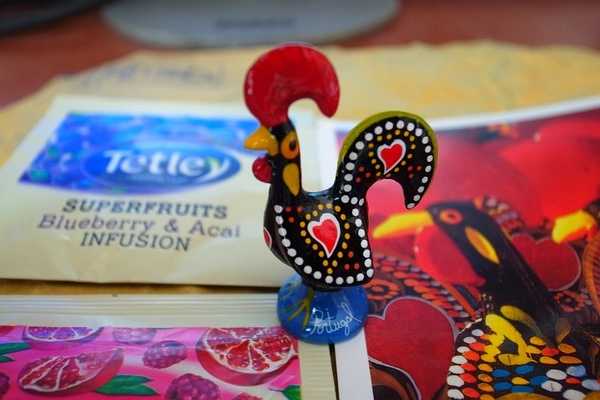
|
 If you go to Macau for two days, just copy this travel route, attractions and shopping guide
364 Read
If you go to Macau for two days, just copy this travel route, attractions and shopping guide
364 Read
 Macau's designated nightclub, Jinchi Sauna, provides zero-distance tender service
862 Read
Macau's designated nightclub, Jinchi Sauna, provides zero-distance tender service
862 Read
 Watch performances at Galaxy Macau Arena, Broadway Arena, Cotai Arena, Studio City Arena
854 Read
Watch performances at Galaxy Macau Arena, Broadway Arena, Cotai Arena, Studio City Arena
854 Read
 28 Hands SPA: The ultimate massage experience for body, mind and soul
455 Read
28 Hands SPA: The ultimate massage experience for body, mind and soul
455 Read
 Android APP
Android APP IOS APP
IOS APP